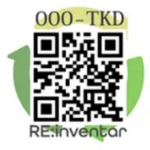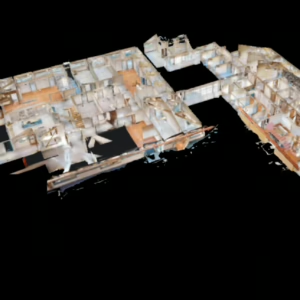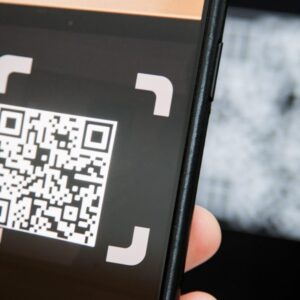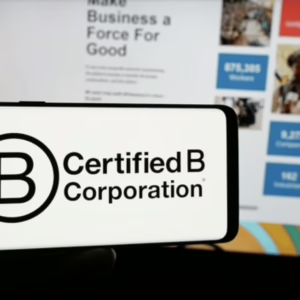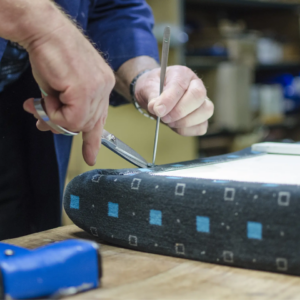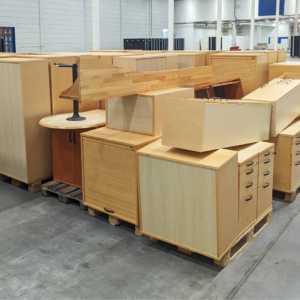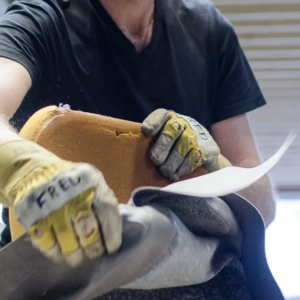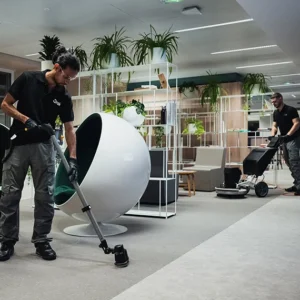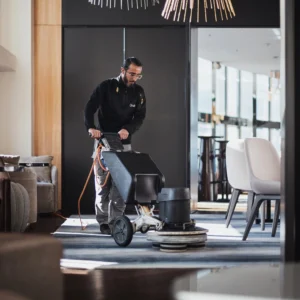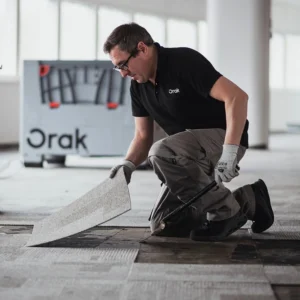Receive a brand new Guarantee
When buying furniture new, having the security of a guarantee naturally provides a sense of security in making your investment.
We are confident in our ability to maintain and even improve the quality of our products throughout our various Reuse solutions. And are happy to provide you with the same purchase security. Our Reconditioned furniture comes with a guarantee of up to 5 years. The manufacturers that work with us on our carpet Reuse provide an extended warranty on our reconditioned tiles of between 1-2 years.
ZERO LANDFILL
We offer a variety of services, whether you are looking to get rid of existing carpet or furniture, or looking to buy for a new fit out project.
Each of our furniture and carpet end of life management RE:Use solutions are targeted to directly tackle the horrific volumes of waste that goes directly to landfill. Our RE:Purpose and RE:Condition solutions have the resources to sustainable turn your trash into treasure with zero landfill waste throughout the process. If for whatever reason the furniture doesn’t meet the standards for re:condition or re:purpose, we are able to arrange for your furniture to be charitably donated to social housing projects or a cause of your choice.
carbon impact
When looking to furnish a new office space, our carpet and furniture has the same look and quality as a factory new chair with a fraction of the carbon impact.
Our chairs on average boast an impressive 40 kg CO2-eq Global Warming Potential (GWP) which is less than a factory new chair. Our reuse carpet tiles have <1 kg CO2-eq GWP per square meter, compared to the lowest carbon factory new tiles on the market with 4-5 kg CO2-eq per square meter. When opting for our reuse products, you benefit from drastic reductions in your carbon impact with compromise on quality or style.
planning
Our assets planning systems are a valuable addition to your toolbox when it comes to planning to contribute to a circular economy in the long tem.
Assessing your impact and managing inventory has never been easier. Our asset tagging system acts as a Circular Economy Passport (CEP), makes tracking data and service requests seamless. The EPD portal is changing the way in which we manage our goals and setting a new standard for organisation and accessibility in sustainability.
Recondition
Restoring used or worn pieces to their original or like-new condition.
Renew, Extend, Sustain.
By revitalising pieces to like-new condition, we not only change the traditional warranty model
Learn More
Repurpose
Transform the Old, Create the New.
Transforming an existing piece into something entirely new, giving it a fresh function and design.
Learn More
what we do
We provide sustainable furnishing solutions that make eco-friendly choices as easy as buying new.
Our focus is on promoting responsible furniture management through reuse, repair, and redesign.
QR Code Asset Tagging
Our system records key data like the item's age, origin, location, and any sustainability-related factors, such as materials used or reconditioning efforts.
Explore sirk: tag
EPD Certificates
We provide transparent, verified information about the environmental impact of a product throughout its life cycle. This is helping consumers and businesses make more sustainable choices.
Learn More
Rewarranty
Our extended warranty coverage on refurbished items demonstrates our commitment to quality and longevity. This is ensuring that each piece is made to last well beyond standard expectations. We Make Reusing Easy.
OUr focus
Collaborating with architects, designers, and manufacturers, we’ve successfully revitalised thousands of chairs, desks, and carpets, addressing harmful landfill waste with our patented technology.
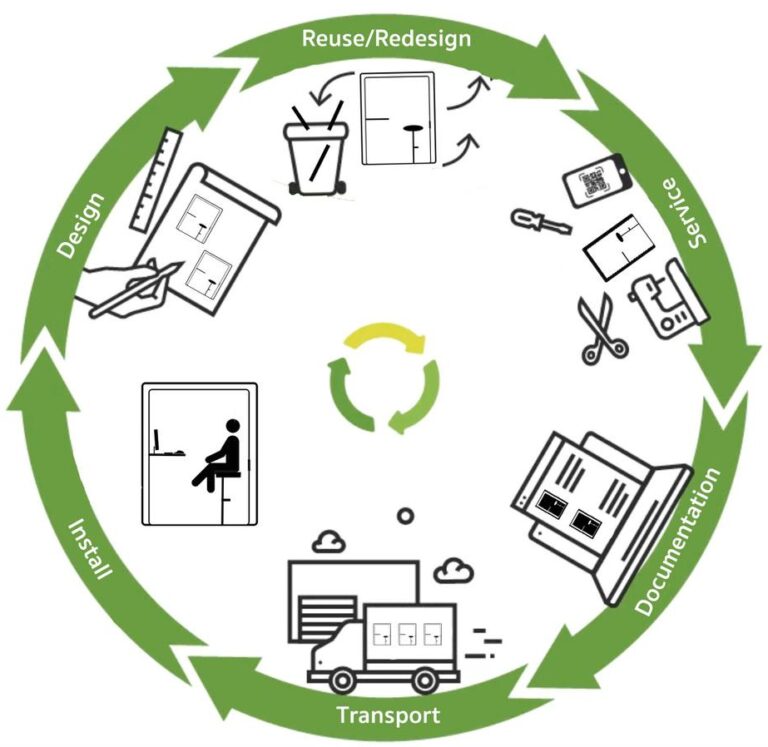
Building a Sustainable Future: Embracing Circular Economy
A circular economy ensures that products are designed for longevity, repairability, and adaptability, allowing them to be reused or repurposed for new applications. Every material should be recyclable, enabling its use in future production cycles.
Achieving 100% circular production means using entirely recyclable raw materials and incorporating reused or recycled components where possible. That creates a fully sustainable production process.
Of furniture is burned or sent to landfill
Over
70
%
Tonnes of furniture is thrown away
1
million
Is recycled
Only
1
%
FAQ
Questions about our services:
What happens to the leftover material from unusable chair parts or carpet tiles?
All of the leftover chair materials from a project are stored in our warehouse. Parts always come in handy, if not for the original reuse project, for another! Unused carpet tiles are currently used for energy recovery through our optimum system while we develop our recycling system which allows us to make a brand new tile from waste tiles.
Can we recondition any chair model?
Technically – yes! Our experts are able to work with most chair models. However, please keep in mind that there is a standard cost involved in reconditioning any chair. It may not be financially reasonable to recondition a chair depending on brand or manufacturer.
What costs are involved?
CARPET
In terms of our carpet reuse program, you have two service options:
Option 1:
We cover the entire whole reuse process (uplift, sorting, cleaning, and storage) with a charge per square metre. When your carpet tiles are eventually resold, you will be reimbursed a percentage (typically around 40%) for the sellable tiles.
Option 2:
As the client you can opt to initially only cover the uplift cost, and we will provide you with a 20-30% of the resale price, which is directly deducted from the uplift cost. This reimbursement is dependent on the quantity of resellable tiles.
FURNITURE
There is an initial furniture collection cost that is covered by you. This would be the same as any traditional removal process, however instead of landfill we give a sustainable second life to your unwanted furniture. We also offer a buyback solution for certain brands – If you have furniture from brands like Herman Miller, Humanscale, Steelcase and a select few others, we are willing to offer you a percentage back
What information is required from me?
Where possible, images, quantity of goods, initial manufacturer, product specifics, location, date of purchase and installation is all information that will benefit in expediting the reuse process.
How long does the redesign process take?
Carpet reuse can take 2-6 weeks.
Furniture can take 2-6 weeks to redesign. If you are reconditioning your existing chairs with the intention of having them back in your office after, we are able to loan you replacement chairs for your office during the reconditioning process.
What costs are involved? (Are QR codes part of the initial cost or separate additional service?)
Access to our asset tagging online portal is available to clients on a pay as you go terms. Please contact us for further details regarding portal access.
What information is available on the asset tagging portal?
Available on the portal, there is product-level data about the supplier, company details, raw materials and production – it essentially acts as a digital product passport for the furniture.The platform provides easy access to information, user guides, FDV documentation and other relevant material, which helps to streamline the operation and maintenance of furniture and fixtures. Maintenance requests are also available directly through the portal.
Will I get end of life details?
Yes, with opting for our services you are able to see where your carpet tiles and furniture end up. Whether re:conditioned/;re:purposed, donated or sent for energy recovery, you have access to your end of life story.
Where are the QR codes placed?
It’s up to you and your preferences! Each item of furniture gets its own code that we typically place in a more hidden or discreet area. For carpets a QR code is often placed near the floorboard rather than on the back of every tile for ease of access.
How often is the information updated?
When requesting services or maintenance through the portal, these updates will automatically transfer to your information portal for your reference.
What kind of furniture can be used for the RE:purpose program?
The specific types of furniture we accept depend on each project’s requirements, but we generally look for items like desks and storage units that don’t have holes or cupholders. While both solid wood and veneer are acceptable, larger board-like surfaces are especially valuable for repurposing. Steel chair frames and other durable materials are also sometimes useful. If you’re unsure, feel free to reach out—we’re happy to discuss how we can work with what you have!
What is the difference between RE:condition and RE:purpose?
RE:conditioning involves taking an existing product and restoring it to a like-new appearance. For example, a reconditioned chair retains its original form and function, but with a fresh, factory-new look. RE:purpose on the other hand, involves transforming materials from old furniture (like desks) into entirely new pieces, such as seating booths or tables, giving them a new life and purpose.
What are the lead times for RE:purpose
It depends on the scale of the project, however typically between 6-8 weeks.
Is there a minimum or maximum size for items to be repurposed?
While we can work with a variety of sizes, larger pieces or surfaces are typically more versatile for remaking into new furniture. Smaller pieces may be accepted on a case-by-case basis, depending on the needs of current projects.
Can materials with finishes like varnish or paint still be repurposed?
Yes, items with varnish or paint can often be used. Our RE:purpose process involves stripping back surfaces and revarnishing or veneering the new piece according to the final design choices .
Our Mission
We are dedicated to accessible sustainability by creating brand-new furniture from existing pieces. We Make Reusing Easy! Each item is expertly reconstructed using recycled materials and comes with a full new warranty, combining eco-friendly practices with the quality and assurance of a new product.
Our chairs boast a 92% part restitution rate, providing a low-carbon alternative while upholding high-quality standards. With our QR code asset tagging system and patented machinery, we simplify sustainable practices and contribute to the UK’s net zero goals.


